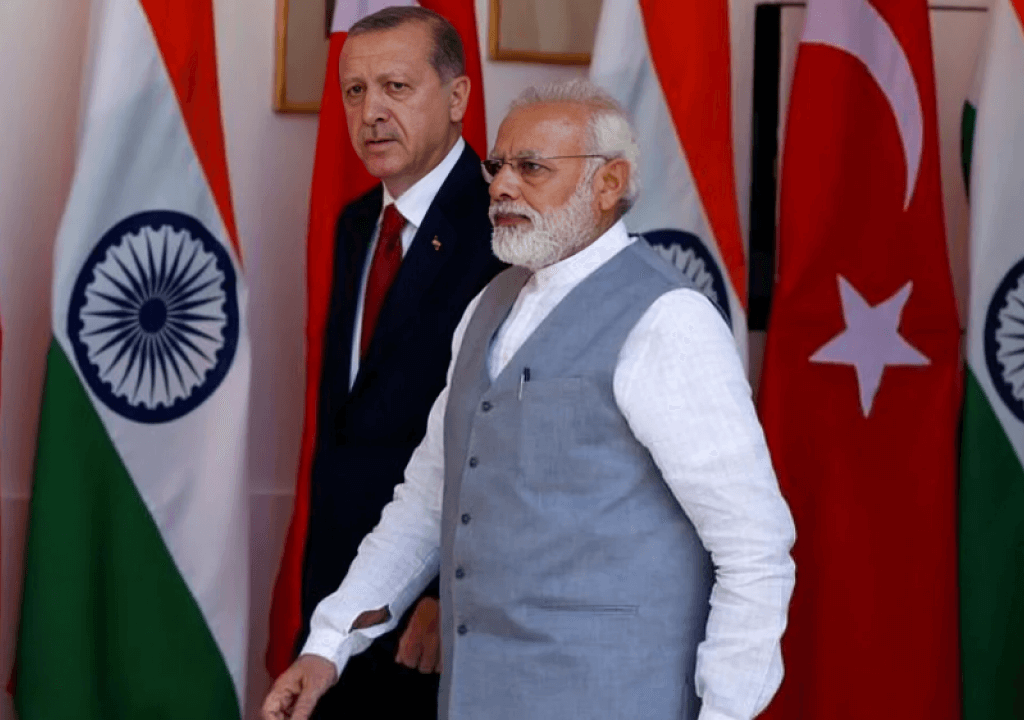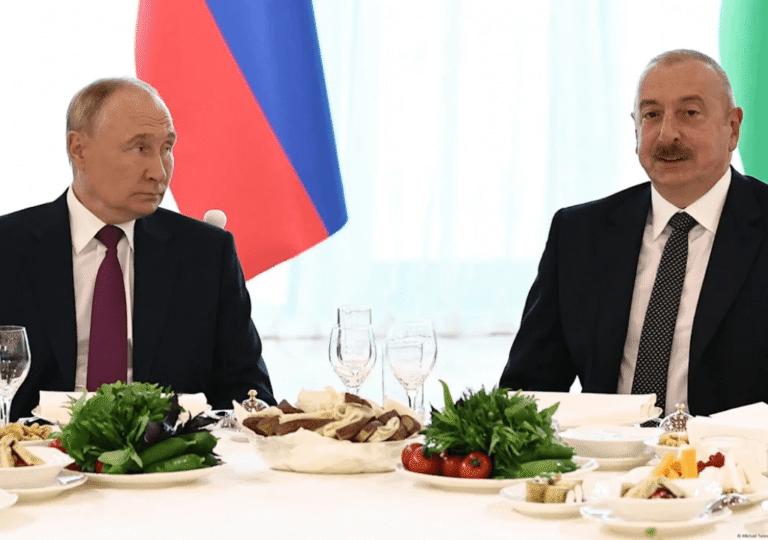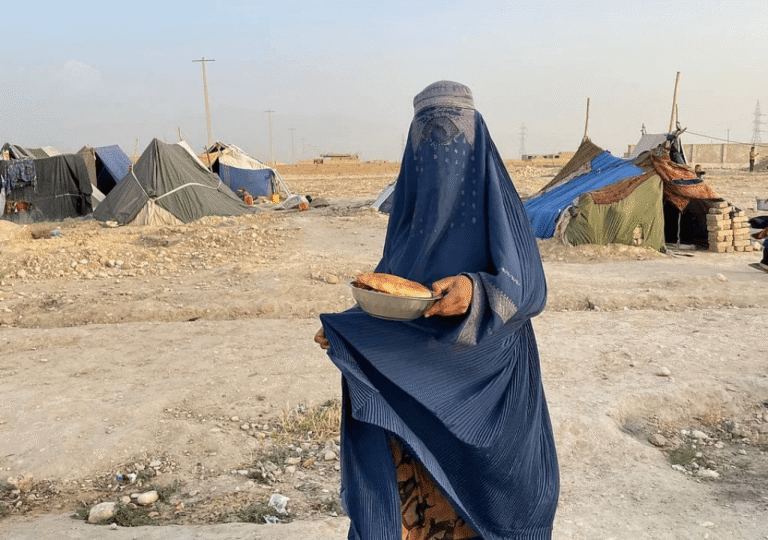The Islamic-Turkic alliance — comprising Turkey, Azerbaijan, and Pakistan — increasingly treats India as a strategic adversary. In response, India exercised restraint and continued to pursue cooperation with Turkey. After the devastating 2023 earthquake, India provided substantial humanitarian aid — a gesture President Erdoğan publicly acknowledged. However, this goodwill did not change Turkey’s stance, as Erdoğan continues to shape his foreign policy around religious and ethnic identity.
During recent tensions involving Islamabad, Turkey gave its military support to Pakistan, prompting Indian policymakers to reassess their approach to Ankara. Once seen as a potential partner, Turkey now positions itself openly against India, driving bilateral relations to their lowest point in years.
Breaking a Historic Relationship
For centuries, various Turkish-origin sultanates, including the Slave Dynasty and the Mughal Empire, ruled large parts of the Indian subcontinent. India continues to host one of the world’s largest Muslim populations — many of whom trace their ancestry to Turkic roots and maintain a strong cultural affinity for Turkish history and identity. Successive Indian governments actively worked to build ties with Turkey, encouraging academic and cultural exchanges.
However, this historical relationship began to shift with the rise of Islamic nationalism in Turkey under President Recep Tayyip Erdoğan and Hindu nationalism in India under Prime Minister Narendra Modi.
Turkey’s increasingly Islamist government deepened ties with Pakistan — which Ankara appeared to view as the modern successor to Turkic-ruled India — and by vocally supporting Pakistan’s position on Kashmir, Erdoğan framed the conflict as one requiring global Muslim solidarity, much like the Palestinian cause in Gaza. These moves signaled a clear departure from Turkey’s earlier neutrality and created growing unease in New Delhi.
Erdoğan made multiple visits to Pakistan, including a high-profile trip in February, accompanied by a delegation focused on enhancing trade and military cooperation. The relationship deteriorated further when the Turkish ambassador briefly visited Pakistan-administered Kashmir in a symbolic show of support — a move that drew strong criticism from India and highlighted the deepening diplomatic divide.
Tensions reached a new low when Turkish drones — previously used in the Nagorno-Karabakh conflict — were reportedly flown towards India during a recent escalation with Pakistan, further exacerbating Indian concerns.
The Unofficial Trade Bans in India
In India, right-wing groups have amplified nationalist rhetoric, intensifying narratives that strain ties with Turkey. What began as diplomatic unease has escalated into a sweeping boycott, largely fueled by public sentiment and social media campaigns.
Turkey, which hosted around 274,000 Indian tourists last year, has seen a reported 60% drop in bookings and a 250% spike in cancellations. Major Indian travel platforms — EaseMyTrip, MakeMyTrip, and Ixigo — have suspended Turkey-related bookings, halted promotions, and issued advisories against non-essential travel.
In a further move, India’s civil aviation ministry revoked the security clearance of Turkish aviation firm Celebi, citing national security concerns. Celebi, which handles ground operations at key Indian airports, has filed a legal challenge. The action was confirmed by junior aviation minister Murlidhar Mohol on X, stating:
“We have acted in the interest of national security.”
The boycott has also expanded to trade. Indian businesses have begun rejecting Turkish imports such as apples, marble, chocolates, coffee, and jams. At a national conference held by the Confederation of All India Traders (CAIT) in New Delhi, over 125 trade leaders resolved to cut ties with both Turkey and Azerbaijan.
Academic partnerships have frayed as well. IIT Bombay, Jawaharlal Nehru University, and Jamia Millia Islamia have all canceled collaborative programs with Turkish institutions.
Collectively, these moves mark a widening rift—reverberating beyond diplomacy into India’s economic, cultural, and academic spheres.
What happens next?
India and Turkey now view each other as a strategic opponent, and future bilateral relations are likely to be limited and calculated. Tensions could rise in international forums, particularly if the Turkey-Azerbaijan-Pakistan alliance attempts to internationalize the Kashmir issue. In response, India is expected to deepen ties with Armenia and Greece — a shift that may involve increased defense cooperation and arms trade, similar to the trilateral dynamic between Turkey, Azerbaijan, and Pakistan.
Still, the long-term continuation of the current boycott remains uncertain. Both Turkey and Azerbaijan play key roles in India’s broader trade expansion strategy, and New Delhi believes pressure, possibly through Russia, could influence Turkey’s position.
Government data shows that India exported goods worth $5.2 billion to Turkey between April 2024 and February 2025. Maintaining this export relationship is crucial for India. For Turkey, these imports are essential, and sourcing alternatives would be neither easy nor immediate. Therefore, despite rising political tensions and nationalist rhetoric on both sides, both governments are likely to preserve economic ties, placing trade interests above diplomatic friction.








